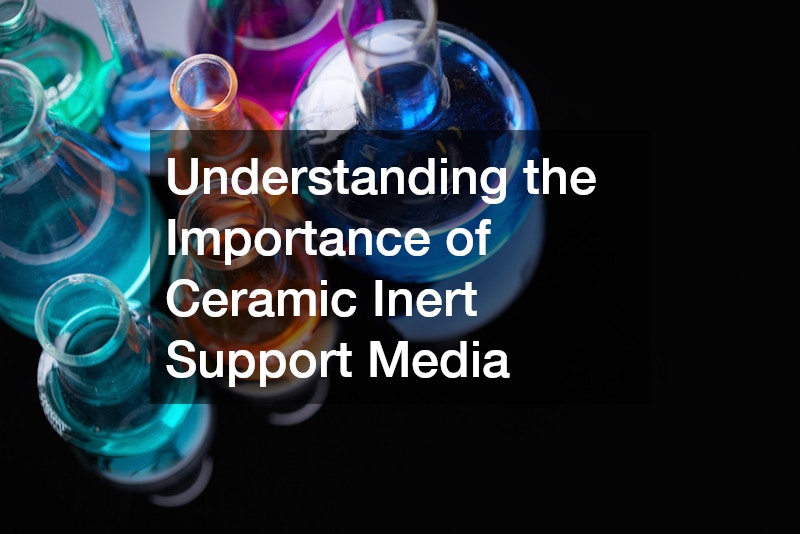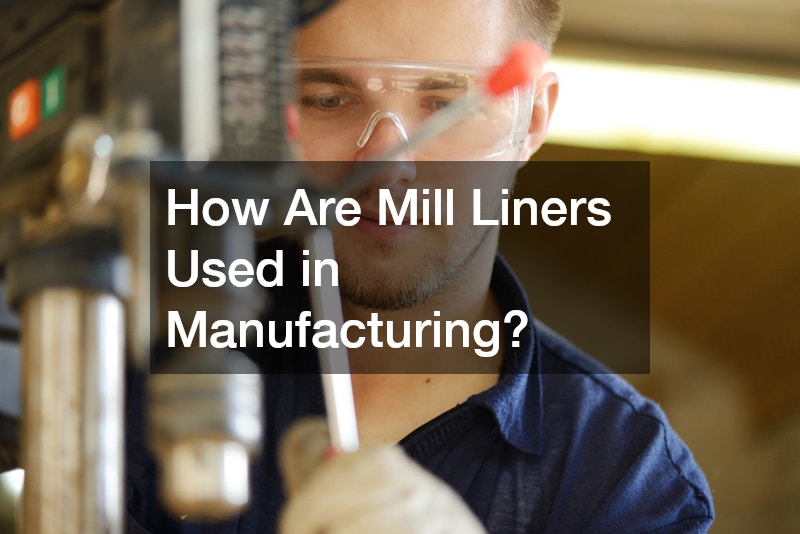
Ceramic inert support media are indispensable components in numerous industrial processes, particularly within catalytic applications. Their primary function is to provide a stable, durable surface that supports catalysts during chemical reactions. This stability is crucial as it ensures that the catalysts maintain their efficacy over time, despite being exposed to high temperatures and aggressive chemicals.
Ceramic inert support media are engineered to be chemically inert, meaning they do not participate in the reactions themselves, which prevents any unwanted side effects or contamination. This characteristic allows for a more controlled and efficient catalytic process, essential for industries such as petrochemical refining, automotive exhaust treatment, and environmental control systems.
Moreover, the importance of ceramic inert support media extends into the realms of cost-efficiency and sustainability. By significantly extending the operational life of catalysts, these media reduce the frequency with which catalysts need to be replaced, thereby lowering maintenance and replacement costs. This longevity also translates into reduced waste and a lower environmental impact, as fewer resources are needed to produce new catalysts and dispose of spent ones. The ability of ceramic inert support media to endure harsh operational conditions without degrading or reacting further contributes to their overall effectiveness and cost-effectiveness. In summary, ceramic inert support media are crucial not only for enhancing the efficiency and performance of catalytic processes but also for promoting economic and environmental sustainability in industrial operations.
.





